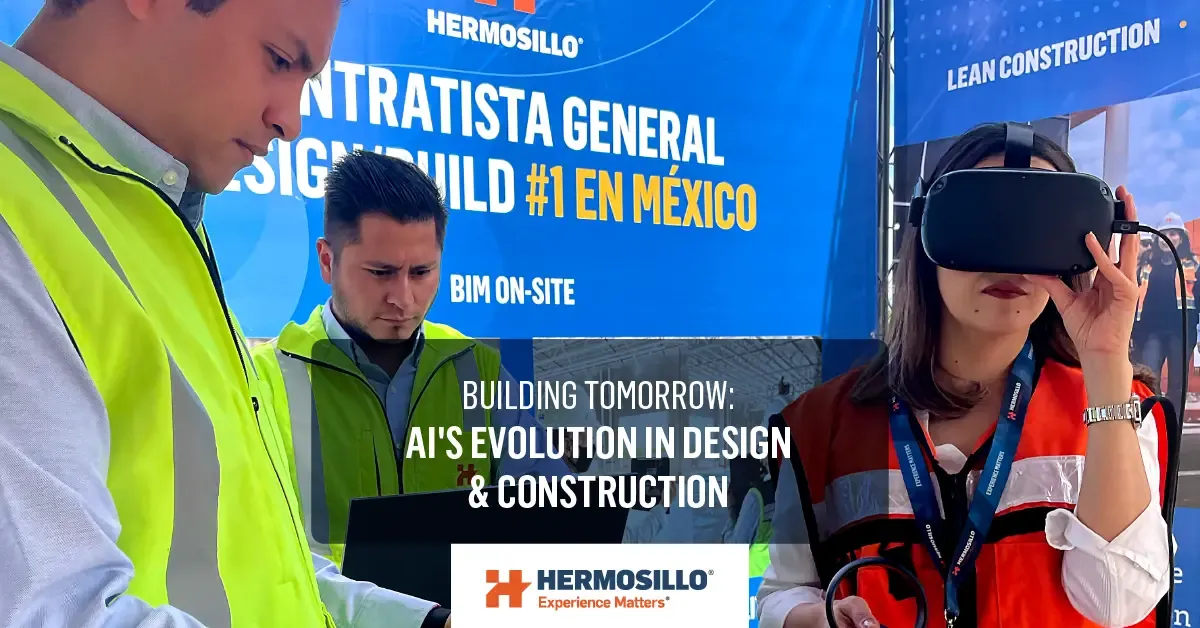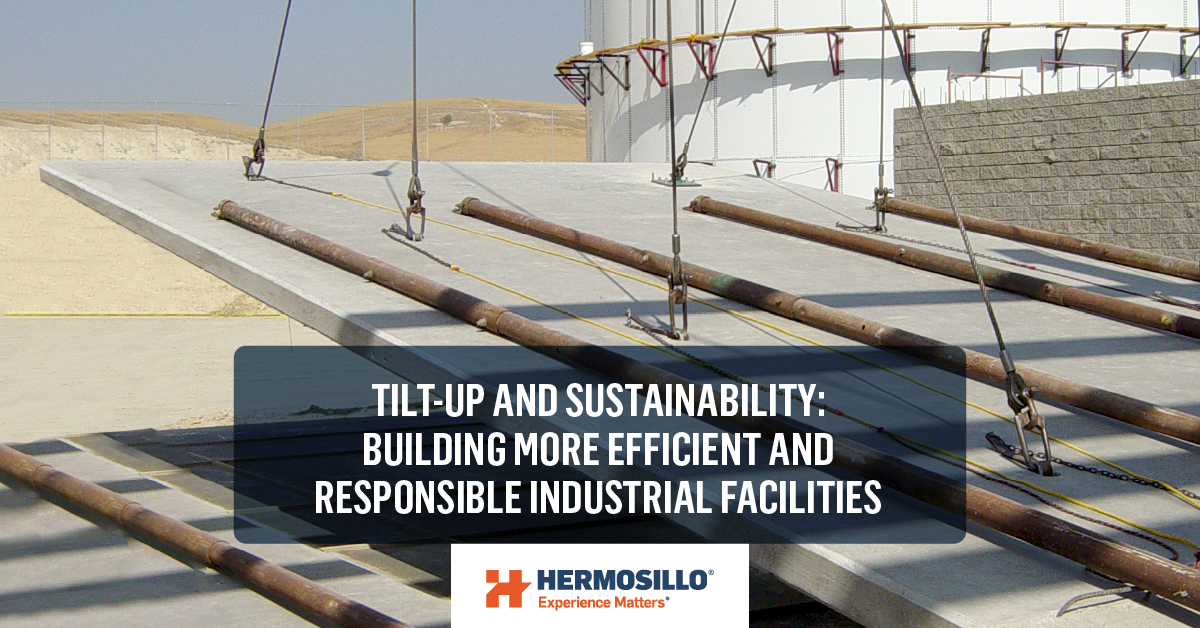
Introduction
Technology continues to revolutionize various industries in today’s rapidly evolving world, and the design and construction sector is no exception. With the rise of Artificial Intelligence (AI), the design and construction processes are being transformed, making them more efficient, accurate, and cost-effective. From preconstruction to execution, AI is reshaping how construction professionals manage their projects, bringing about a new era of smart buildings and sustainable development.
This article will explore what AI is, its integration into the construction industry, its benefits, and the associated challenges and precautions that come along with it.
What is Artificial Intelligence?
So, what exactly is Artificial Intelligence? AI is the simulation of human intelligence in machines that are programmed to think and learn like humans. It involves the ability of machines to perform tasks that typically require human intelligence, such as visual perception, speech recognition, real-time decision-making, and problem-solving. AI systems can analyze vast amounts of data, identify patterns, and make predictions or recommendations based on that information.
Integrating AI into Construction Projects
AI is transforming the construction industry by revolutionizing project planning, execution, minimizing potential issues and management across phases. In the preconstruction stage, AI leverages historical data, building codes, and regulations to generate precise cost estimates, real-time insights, and project timelines. This minimizes errors, expedites project planning, and ensures efficient budgeting. Additionally, AI algorithms optimize the design process by creating multiple design alternatives based on specific parameters, applying “lessons learned” from past projects, and fostering the exploration of innovative possibilities by architects and engineers.
Emerging technologies like virtual reality (VR) and augmented reality (AR) are pivotal in refining design and construction processes. VR enables designers and clients to immerse themselves in a virtual walkthrough of a building pre-construction, offering a realistic feel of space and design elements. AR overlays digital information onto the real world, empowering on-site workers to visualize construction elements, identify clashes, and bolster coordination. These advancements significantly improve communication, minimize rework, and enhance project efficiency.
Machine learning, a subset of AI, holds significant sway in construction. It entails creating computer algorithms that learn from data patterns to make predictions or decisions. Machine learning models analyze construction data—project schedules, material usage, and equipment—enabling predictions of potential risks, optimizing resource allocation, and refining project outcomes. This automation in construction drives heightened productivity, cost-efficiency, and superior project management.
Benefits of AI in the Design and Construction Industry
Integrating AI in the design and construction industry offers numerous benefits that drive innovation and efficiency. Firstly, AI enables the creation of smart buildings that are energy-efficient, sustainable, and responsive to occupants’ needs. Buildings can optimize energy consumption, monitor occupancy patterns, and adjust temperature and lighting through AI-powered sensors and systems.
Secondly, AI enhances safety on construction sites. AI-powered drones and robots can delegate hazardous tasks to machines, reducing the risk of accidents and injuries. AI systems can also monitor workers’ activities and detect potential safety violations, ensuring compliance with safety regulations.
Moreover, AI improves project management by automating tedious and time-consuming tasks. AI algorithms can analyze project data, generate reports, and provide real-time insights for better decision-making. This enables project managers to identify potential issues, allocate resources effectively, and optimize project timelines, improving project outcomes.
Challenges and Precautions in AI Adoption
While the benefits of AI in the construction industry are significant, it is essential to address the challenges and potential dangers associated with its use. One of the main concerns is the reliance on AI systems, which may lead to job displacement. However, it is crucial to recognize that AI is meant to augment human capabilities, not replace them. By upskilling and reskilling the workforce to adapt to AI technologies, construction professionals can embrace the opportunities presented by AI.
The ethical use of AI poses another challenge. As AI systems gain autonomy, transparent decision-making and accountability become imperative. Ensuring unbiased, fair AI algorithms that avoid perpetuating discrimination or harm is crucial. Additionally, prioritizing data privacy and security safeguards sensitive project information from potential breaches.
Addressing these challenges demands a holistic approach encompassing regulations, industry standards, and ongoing research and development. Collaboration among construction firms, tech providers, and regulatory bodies is pivotal. Establishing guidelines and frameworks that advocate responsible AI adoption in the industry is essential for navigating these challenges effectively.
Wrapping Up
In conclusion, AI is transforming the design and construction industry, revolutionizing how projects are planned, executed, and managed. With the integration of virtual reality, augmented reality, and machine learning, construction professionals can unlock new levels of efficiency, accuracy, and sustainability. However, it is essential to approach AI adoption cautiously, addressing potential challenges and ensuring responsible use to leverage its full potential in creating a more innovative and safer built environment.
At Hermosillo, AI isn’t just a concept; it’s a daily reality. With a rich history spanning 60 years and a reputation for designing and building projects across Mexico, we ensure streamlined access to project data, standardized workflows, and VR coordination through AI integration, resolving design conflicts and averting reworks and delays. Our commitment extends to crafting accurate virtual and augmented reality experiences, empowering clients to navigate immersive walkthroughs and make informed decisions. Backed by an in-house team of certified experts, we maintain the highest quality standards while adeptly managing project complexities.






